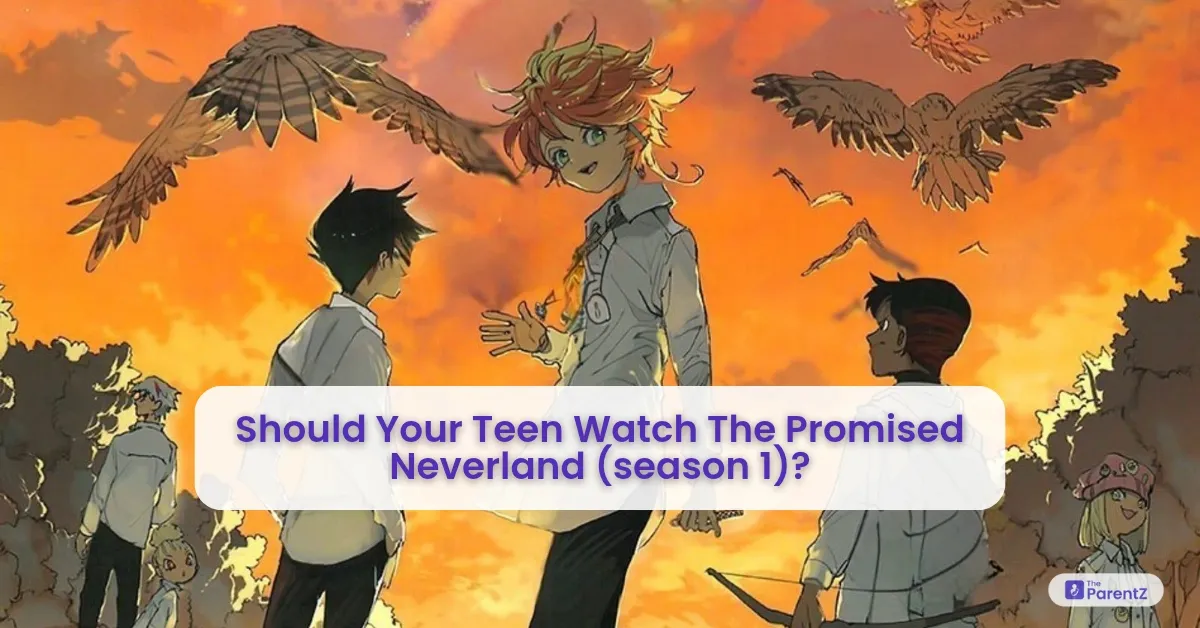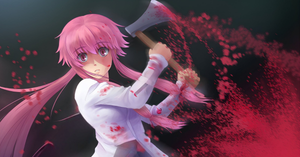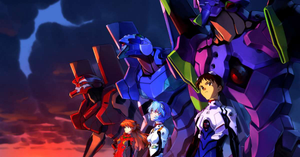A Parental Guide to Fear, Freedom, and Children in Peril
Introduction
The Promised Neverland tricks you. It starts with soft colors, smiling kids, and an idyllic orphanage—but within the first episode, it pulls the rug. What follows is one of anime’s most gripping psychological horror stories. But even though there’s no gore, the emotional intensity and dark subject matter might be too much for younger teens.
Overview
Emma, Norman, and Ray live in a peaceful orphanage with other children, cared for by a kind “Mama.” They’re smart, happy, and bonded like family. But everything shatters when they discover the house is a front—the children are being raised as livestock for demons.
Season 1 follows their desperate, high-stakes plan to escape, all while pretending to be normal under Mama’s watchful eyes.
Themes
- Child Endangerment and Psychological Tension: The protagonists are kids. The danger they face is adult-level horrifying. It’s not physical torture—it’s the constant fear of being discovered, manipulated, or shipped off to die.
- Survival and Strategy: This is a battle of wits, not weapons. The children must outsmart their caretaker and survive in a world designed to consume them.
- Betrayal and Loss: Characters are betrayed. Friends disappear. And the emotional toll of discovering their reality weighs heavily throughout the show.
Age Preference
Recommended for: 15+
While there’s no sexual content or graphic violence, the emotional dread and disturbing premise make it inappropriate for younger viewers.
Who Should Not Watch
- Children under 14
- Sensitive teens who react strongly to child-in-danger themes
- Viewers expecting a traditional fantasy or adventure anime
Lessons From It
This show encourages critical thinking, courage, and resilience. Emma’s empathy, Ray’s realism, and Norman’s strategy offer three perspectives on survival and leadership. It shows how hope, when combined with intelligence, can defy the worst odds.
Conclusion
The Promised Neverland is a masterful anime—but not for everyone. It's horror is psychological, its premise disturbing. If your teen wants to watch, guide them through it. Let it spark conversations about fear, control, and the importance of thinking for yourself. It’s intense—but, for the right viewer, empowering.









Be the first one to comment on this story.